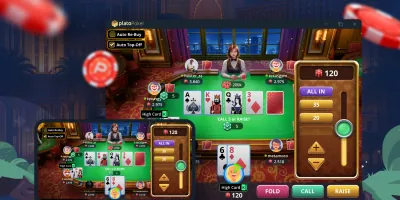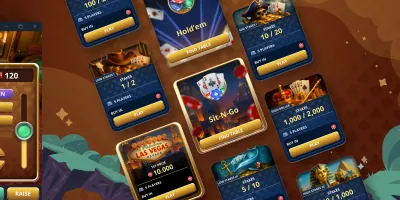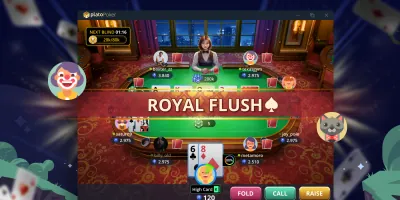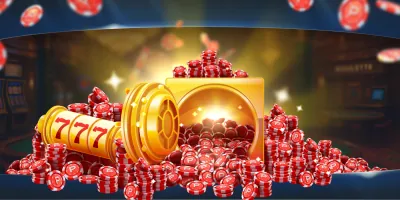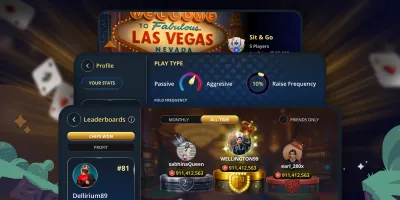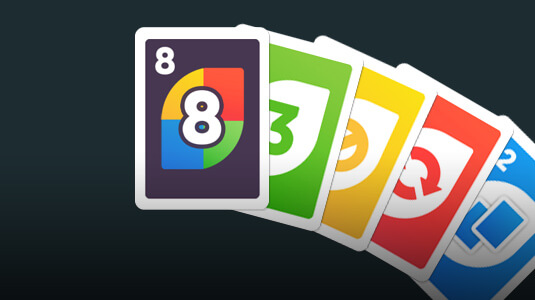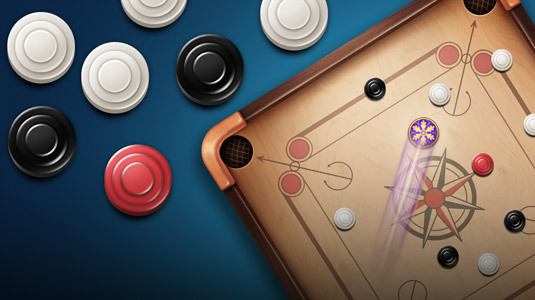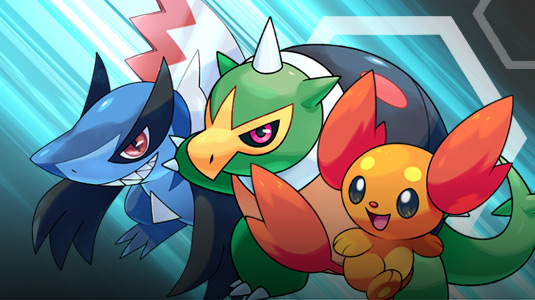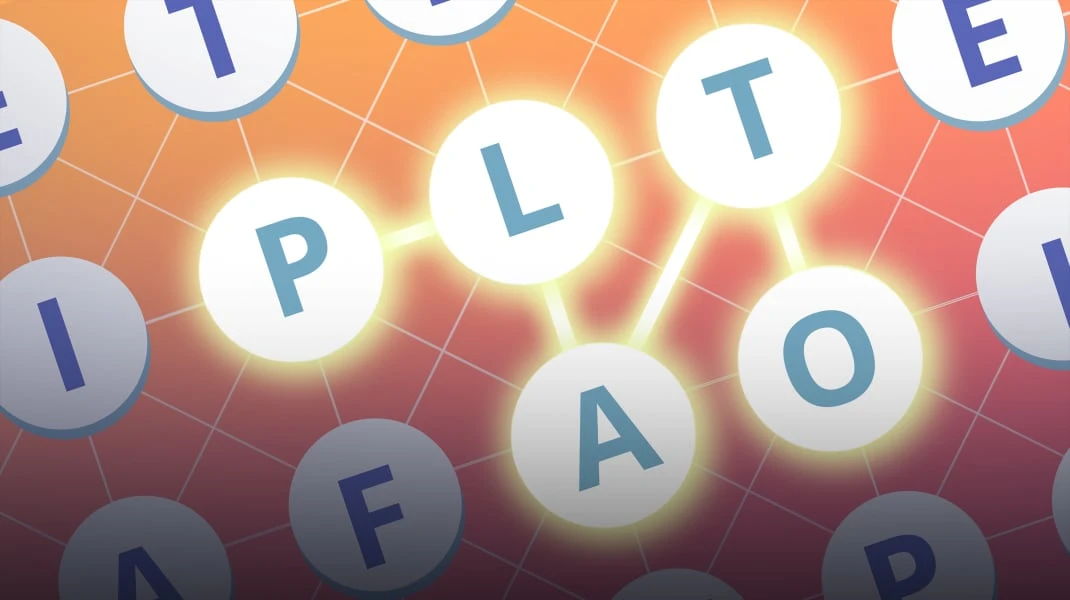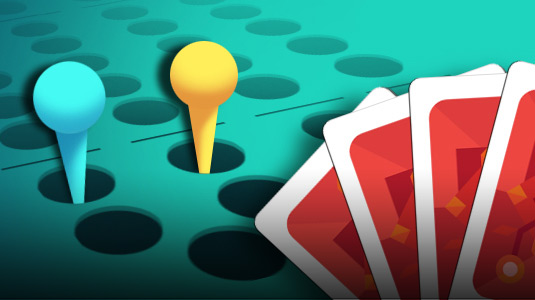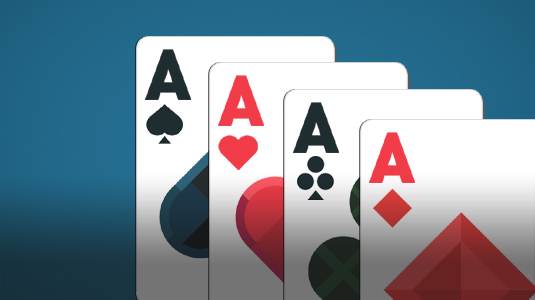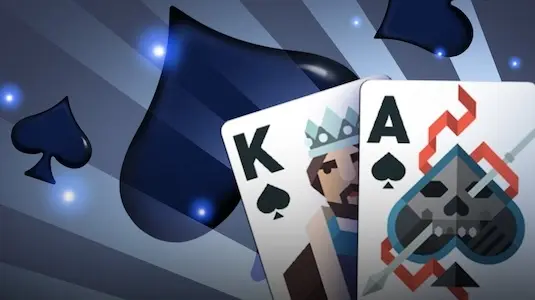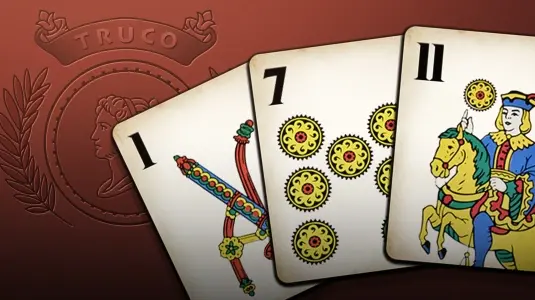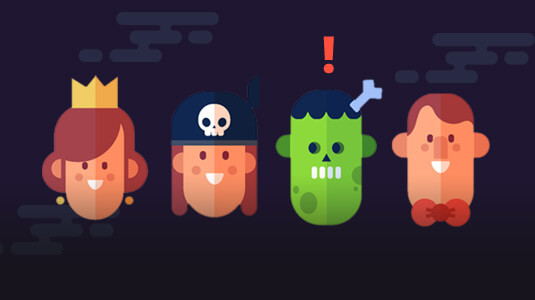Play Poker online with friends for free
Starting the Game
2 “hole” cards are dealt to each player followed by 5 “community” cards placed face down.
The two players to the left of the dealer are designated as the small blind (SB) and big blind (BB). The blinds post forced bets and act second to last and last during the first round of betting (pre-flop).
The BB is equal to the minimum bet for the round. SB is half of the big blind. A dealer button marks who acts last post-flop.
4 Stages of Betting
Preflop: 1st bet once all players receive 2 “hole” cards.This round is started by the
Flop: 3 community cards are revealed; another round of bets takes place.
Turn: 4th community card is revealed; another round of bets takes place.
River: 5th and last card is revealed; a final round of bets takes place before the showdown where all cards are revealed
Your actions
For each round, players must decide whether to check, bet, raise, call, or fold based on their hand.
Check: bet nothing
Bet: place a wager on your hand
Raise: to increase an existing bet in the same betting round
Call: to match a bet or raise
Fold: discard one’s hand and forfeit the whole round
Core concepts
Knowing when to check, bet, raise, call, and fold are critical when playing. It is also important to analyze your opponent’s strategy in order to make better decisions.
Position
The order in which players are seated around the table. Where you are at the table can be an advantage or disadvantage to your decision making for the round.
Position bet: A bet that takes advantage of a player position. Acting later may be advantageous as you gather more information about your opponent’s actions.
Pot Odds
The ratio of the current pot size to the cost of your call. Used to determine if making a call during this hand is profitable.
Call when price ≤ your chance to improve/win
The two purposes of betting:
Value: a bet made to increase the current pot and encourage opponents with worse hands to call
Bluff: Betting or raising with a weak hand to force opponents with better hands to fold
Can I play online?
Yes. Install the Plato app on iOS, Android, or macOS to play the full catalog with friends or matchmade opponents. You can also play Ocho online in your web browser — no install needed.
Can I play with friends?
Yep. Tap Create Private Game, then share the invite link or invite from your contacts. When they tap Accept, they're seated at your table.
Is it free?
Yes — free to play and ad-free. If you buy something, it's for looks (themes, profile flair), not power.
Is it fair?
Shuffles, deals, dice, and timers run on Plato servers, not your device. Everyone plays by the same rules and no one can peek at hidden information.
Is it safe?
You can block and report from profiles or chat. Public spaces use filters and human review. Some rooms use Chat Pass to deter spam, and privacy controls let you limit who sees you online.
Live vs. turn-based: what’s the difference?
Both are turn-taking; the difference is the clock. Live uses short timers for quick back-and-forth. Turn-based gives you longer — often up to 24 hours per move in games like Chess — so you can play at your pace.
